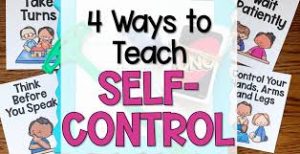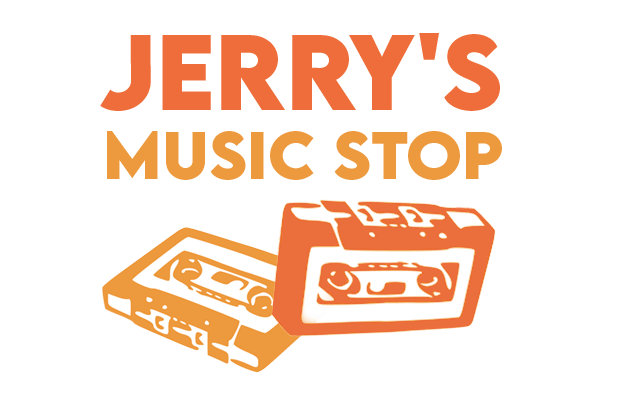It’s said that listening to music nourishes the soul. Children benefit greatly from early musical instrument training in a variety of ways. They get more self-assurance generally, and they learn commitment and patience. Children cannot acquire these advantages by just attending music lessons and nodding along, though. For kids to truly benefit from music, they must actively participate in it.
Here are 10 good reasons to urge your kid rockstar to practice music daily.
PERFECTS MEMORY
Maestro Eduardo Marturet is a composer, conductor, and musical director for the Miami Symphony Orchestra. “Additional research has shown that participation in music at a young age can improve children’s learning ability and memory by stimulating different patterns of brain development,” he says. Children who learn an instrument become more adept in creating, storing, and retrieving memories.
PERMITS CREATIVITY TO SOAR
Music instruction is a creative activity. The creative portion of a child’s brain is greatly improved by musical training. No matter how much a music teacher notes a piece of music, they can never adequately describe how it should be played. Therefore, it is up to the learner to personalize a piece. Your kids will have to put some of themselves into every time they hold their instrument to practice something. Kids now have a safe, responsible avenue to express their innate creativity.
IMPROVES PATIENCE
The finest virtue for leading a happy life is patience. Playing an instrument requires hours, days, and sometimes even years of practice to perfect. For starters, it teaches kids that the more work you put into anything, the greater the rewards will be. Additionally, taking music lessons teaches kids how to create goals. They will be able to choose between short-term and long-term objectives for learning a particular note and a new song with a variety of notes.

Increases one’s capacity for self-control and time management
Playing an instrument is not a skill that you can master overnight, unless you are an extraordinary child prodigy. It takes time and effort to learn music; setting aside time to practice outside of lessons will aid students in planning their daily chores. The discipline your child receives daily is based on this.
The true secret is to get kids interested in musical instruments. They are naturally intrigued and enthused about them, and the discipline that parents AND children acquire by persevering with them is a lesson in and of itself, according to Mira Stulberg-Halpert, an ADHD specialist at 3D Learner Inc.
IMPROVES COLLABORATION
When playing an instrument, the brain must process information quickly and effectively. Children must focus on reading music during guitar lessons, or instruction on any other instrument, and translating the notes into the physical motion of playing. They can thus considerably enhance their hand-eye coordination. The trombone serves as a suitable illustration here because, rather than using keys or strings, to produce the desired note, the trombone’s slide tube must be moved to the proper location and timing.
ENHANCES CONFIDENCE
Your youngster will feel more at ease with self-expression if they play an instrument. As kids get better at their instrument, they’ll certainly perform in front of a few different audiences at some point, starting with their parents or music teacher and moving on to classrooms full of other students and concertgoers. Playing in front of others might give kids the self-assurance they need to use their skills in situations outside of school.
HELPS TO IMPROVE LISTENING SKILLS
Learning to play an instrument needs students to pay close attention to a variety of distinct sounds. They must pay attention to rhythm, pitch, pace, texture, and other small details in addition to listening to their teacher’s directions. They become better listeners as a result. Additionally, it aids in lengthening their attention span and degree of focus.

INCLUDES NEW HISTORIES AND CULTURES
Music is a reflection of the time and culture in which it was created. The music of a period often vividly depicts its historical events and generational culture. A youngster can get a sense of history by being exposed to a variety of musical genres, such as classical, modern, rock, jazz, blues, folk, medieval, etc. As a music school, we always teach our pupils about the composition’s historical context and the date it was written. We urge them to make up a tale that they may narrate as they play. This can occasionally pique kids’ interest in researching the time period or culture depicted in the work.
PERFECTS SOCIAL SKILLS
Playing an instrument benefits your child’s social life in addition to his cognitive development. Early musical group involvement improves social interaction amongst young people from various backgrounds. It also fosters the development of leadership and collaborative abilities and helps your little rock star appreciate the value of cooperation. Additionally, it encourages kids to show consideration and kindness to the people in their group.
According to Marturet, who also runs the MISO Young Artist program in South Florida, “socially, children who participate in a musical group or ensemble learn important life skills, such as how to relate to others, how to work as a team and appreciate the benefits that come from working together, and the development of leadership skills and patience.”
ENSUFFICES SMARTNESS
“I cannot imagine a life without music-making. In music, I have a dreamy life. I interpret my existence musically… Albert Einstein once said, “Music gives me the most joy in life.”
And it turns out that Einstein had a very high IQ. Numerous studies, both in children and adults, link musical training to academic success. The brain is stimulated by learning an instrument, which enhances mental abilities like memory and abstract reasoning, which are crucial for math and science.
In general, music promotes harmony and balance in one’s life. Children who take up an instrument have a way to express their feelings and creativity. Children can express themselves through this.
Take your child to piano classes or whatever instrument piques his interest, and see how his personality and behavior change.
